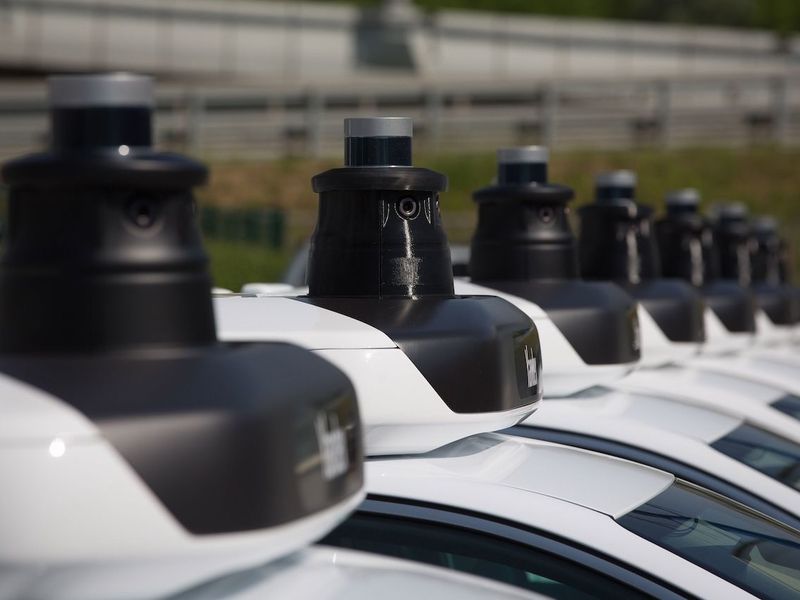
Groups representing automakers, suppliers, tech companies and other stakeholders are calling on Congress to support bipartisan legislation that will foster the development and safe deployment of automated vehicles in the U.S.
In a letter sent Wednesday to congressional leaders, the Coalition for Future Mobility stressed the critical need for a federal framework for AVs that provides “clarity that affirms existing roles and maintains the balance of responsibilities between federal-state-local levels of government, modernizes federal regulatory processes and ensures rigorous safety standards for the continued development and safe deployment of AV technologies.”
“Put simply, the investments and policies being made today by our organizations toward a safer, more environmentally friendly, accessible and equitable U.S. transportation future depends on a thoughtful federal legislative approach and regulatory framework for AVs,” the groups said in the letter.
The coalition — whose members include the Alliance for Automotive Innovation, the Motor & Equipment Manufacturers Association, Lyft, Rivian and General Motors’ self-driving unit Cruise — also encouraged lawmakers to “redouble efforts” to move forward with AV legislation that can be signed into law this Congress.
“The U.S. is at the forefront of innovations that will transform transportation,” the coalition said. “As we approach a pivotal moment in the evolution of this technology, we have an opportunity to work collaboratively and chart a course that sustains U.S. leadership and innovation of these critical safety and mobility solutions for decades to come.”
House lawmakers on both sides of the aisle have said a federal AV bill will be a priority early this year.
In December, the alliance released a four-year action plan to guide federal policies and advance the testing and deployment of AVs in the U.S.
Other groups advocating for consumer and vehicle safety also released an outline for AV legislation last year that prioritizes safety, equity, accessibility and sustainability.
Last September, Rep. Bob Latta of Ohio renewed efforts to push AV legislation through Congress by reintroducing the Self Drive Act, which establishes a federal outline to ensure the safety of AVs while exempting certain national safety standards and preempting states from enacting laws regarding these vehicles.
House Republicans introduced the bill in 2017, and it was passed unanimously by the House. A complementary bill — the AV START Act — was later introduced in the Senate. Both bills stalled there in 2018.

